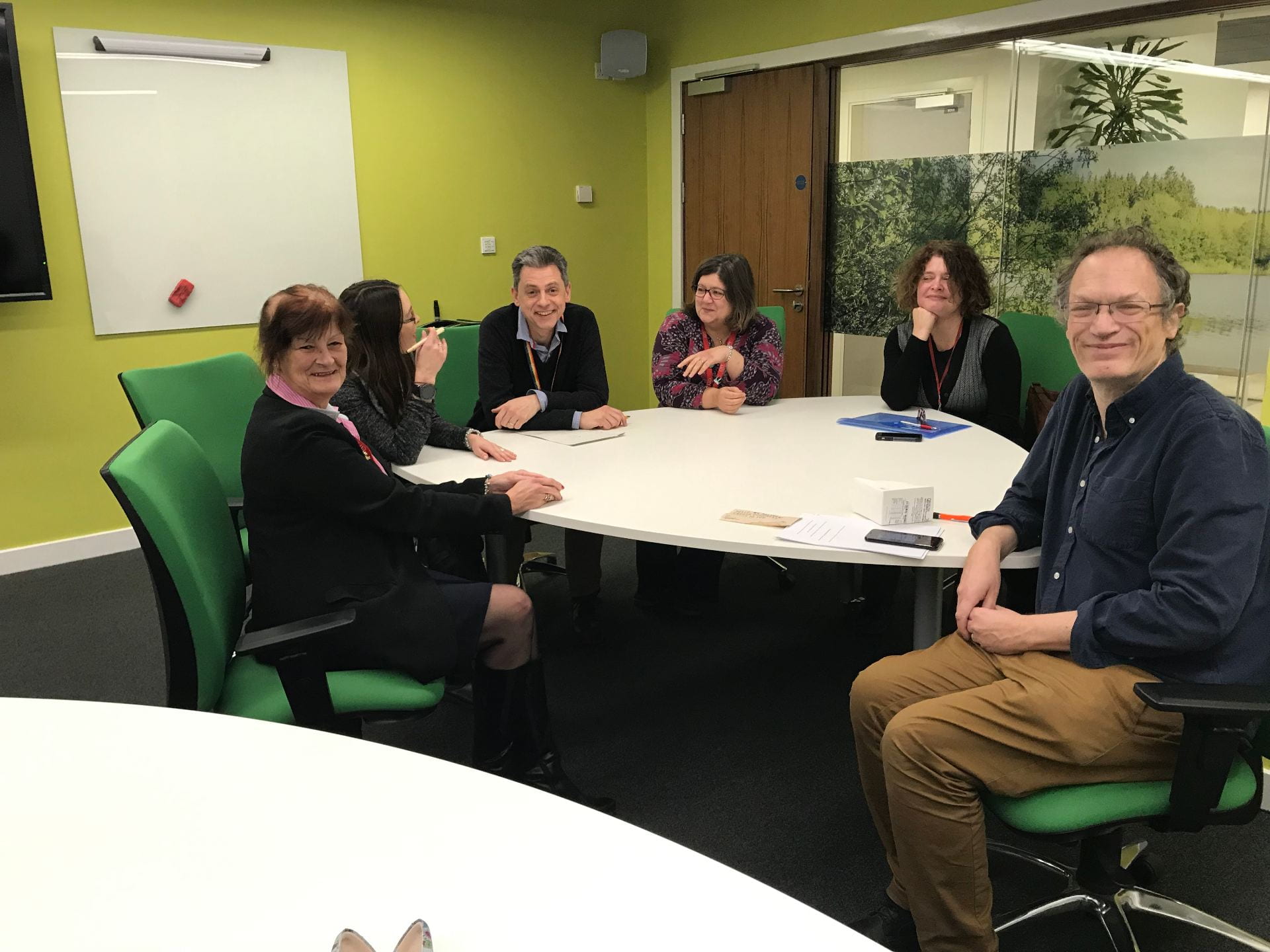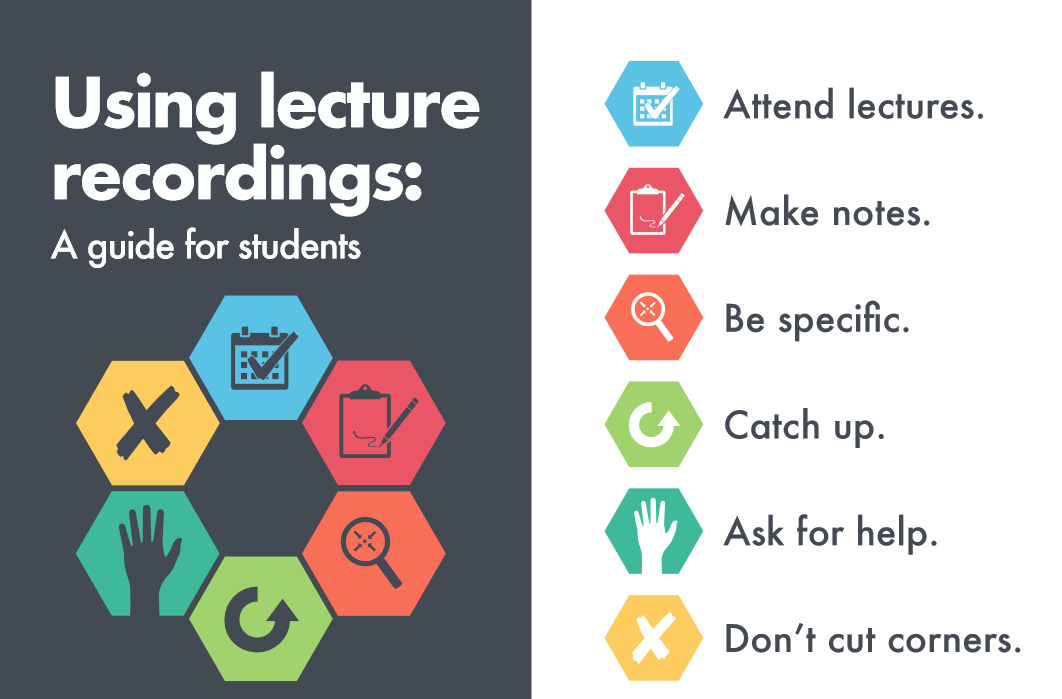Join the discussion online
Sustained research across the UK HE sector demonstrates that a persistent attainment – or degree-awarding – gap exists between Black, Asian or Minority Ethnic [BAME] students and their White counterparts. A joint National Union of Students [NUS] and Universities UK [UUK] report published in May 2019 concluded that: “A student’s race and ethnicity can significantly affect their degree outcomes. Of the disparities that exist within higher education, the gap between the likelihood of White students and students from Black, Asian or minority ethnic (BAME) backgrounds getting a first- or upper-second-class degree is among the most stark – 13% among 2017-18 graduates.” (NUS/UUK, 2019, p. 1). Extensive work is being undertaken at City, University of London to identify and seek to understand the attainment/awarding gaps our institution currently has, and to develop a range of responses at institutional and sectional levels including in the areas of curriculum and inclusive learning and teaching. There is a growing body of literature relating to awarding/attainment gaps and, as increasing numbers of institutions are beginning to report on maturing or concluded projects of their own, this seems an opportune time for the journal club to read and debate some of the evidence. We’d like you to read two articles plus (if you have time) a piece written by a student:
Firstly, a critique of existing research into the BAME attainment gap and the difficulties of undertaking research/making change in the face of institutional resistance.
Austen, L. et al (2017) ‘Why is the BME attainment gap such a wicked problem?’, The Journal of Educational Innovation, Partnership and Change, Vol. 3, No. 1. Available at: https://journals.studentengagement.org.uk/index.php/studentchangeagents/article/view/587/pdf
Secondly, Nona McDuff and colleagues describes how Kingston University substantially narrowed their BAME attainment gap through an outcome-focused institutional change programme.
McDuff, N., Tatam, J., Beacock, O., Ross, F. (2018) ‘Closing the attainment gap for students from black and minority ethnic backgrounds through institutional change’, Widening Participation and Lifelong Learning, Vol. 20, No. 1, pp. 79-101. Available at http://tinyurl.com/vw359r3.
To help us with the discussion here are some questions you might like to consider when reading the article:
• What was the purpose of the research and were the research questions/hypothesis clear?
• Does the literature review seem thorough and draw on recent literature related to the
research problem?
• Is there a theoretical or conceptual model for the research?
• Is there reference to ethical approval for the study?
• Was there a clear discussion of how the sample was chosen and the representativeness of the sample to the population as well as details of recruitment?
• Is the research methodology clearly indicated alongside the data collection tools?
• Is the analysis of the data clearly outlined?
• Were the findings clearly presented and discussed?
• Were any limitations for the study indicated?
• What are the implications of the research for practice? What are the implications of the research for our new lecture capture policy at City?
• Has further research been indicated?



